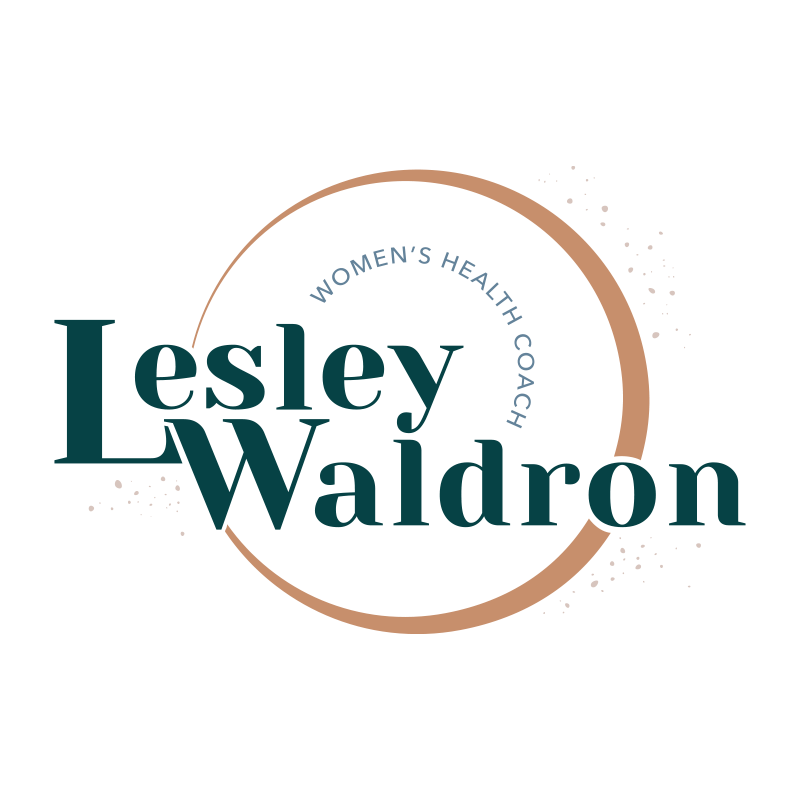My top 8 habits for perimenopause wellbeing
These are 8 key things that help support your wellbeing and allow your body to adjust to changing hormones in perimenopause.
You’ve probably heard it all before but it’s worth repeating!
Getting enough sleep - going to bed and waking up at the same time every day (preferably before midnight). This has a hugely important impact on our body and brain. Not always easy in the perimenopause transition but it’s worth focussing on.
Drinking enough water - supports digestion, helps support our body’s detoxification pathways. improves our energy and helps with brain fog, a common symptom of perimenopause. A dehydrated brain is a foggy brain.
Reduce/remove alcohol consumption as this interferes with sleep, stress, digestion and we can become much more sensitive to the impact of alcohol in perimenopause.
Eat a varied diet - include plenty of vegetables, legumes, whole grains, nuts and seeds - for the fibre and the phytooestrogens. This supports good digestion and a healthy microbiome, as well as delivering nutrients that can help balance out the impact of changing hormones.
Move your body daily - movement support stress resilience, digestion, protects bones and joints. I’ve got a great blog on exercise in your 40s on my sister site, Wild Country Woman, here.
Reduce stress and overwhelm - take things off your plate, practice meditation, get therapy or coaching. Stress hormones have a huge impact on your hormones and your health and this is a tricky time in our lives, so finding micro moments of downtime can be really helpful.
Avoid environmental toxins from perfumed products, over processed foods, skincare and cleaning products. We tend to get a little more sensitive to these products as our hormones change and it’s thought that they interfere with hormones to varying degrees, so it’s worth finding unfragranced or natural products. I’ve been making my own cleaning sprays for a few years and it’s cheaper, better for the environment AND better for me. Some ideas on what to make and how here.
Get support in place - Find supportive groups on and off-line, talk to your GP, find a menopause clinic, a women’s circle, or book in a health coach. I offer a 60 minute Perimenopause Power Hour which is a great way to review your wellbeing and habits in one in-depth session (you can book in a session via the calender link below!).
It’s a great list, but what will you do with it? My suggestion would be to pick the one that sounds the easiest and take a small step forward. An extra glass of water, or setting yourself a bed time alarm perhaps.
And then work out what might be the next step.
Or….
…..if you’re ready to call in support to put the right habits in place and thrive in your midlife and perimenopause why not book in a quick chat to see if you’re ready for some health coaching.
